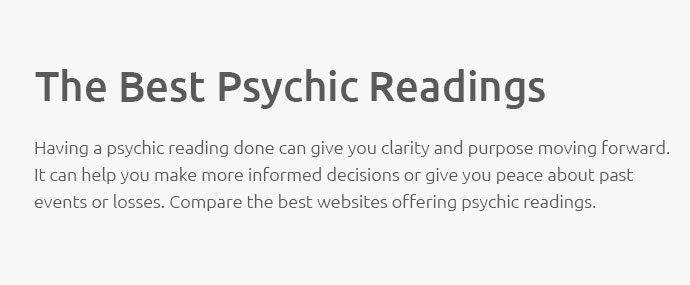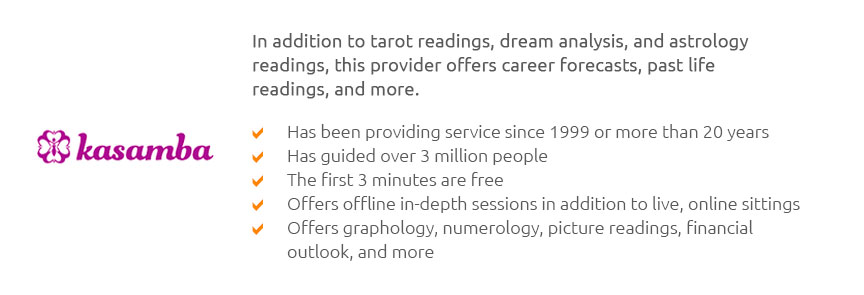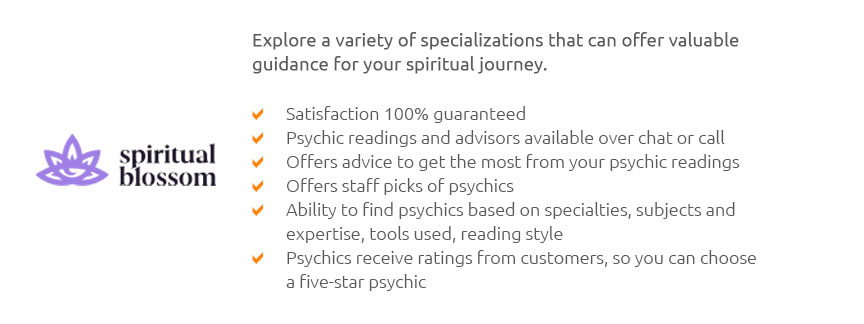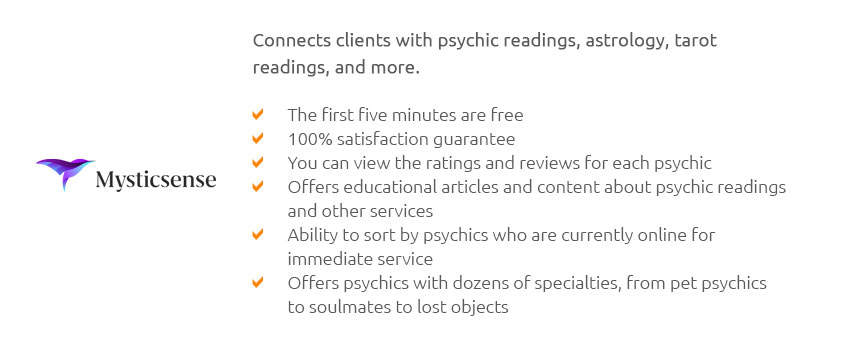 |
 |
 |
|---|
 |
 |
|---|
 |
|
|---|---|
 |
 |
 |
 |
 |
 |
 |
 |
 |
 |
 |
 |
|---|
Understanding Accurate Readings Online: A Deep DiveIn the digital age, the quest for accurate readings online has become a cornerstone of our everyday lives. From news articles to scientific papers, the internet is inundated with information, and discerning what is accurate requires a keen eye and an understanding of the underlying mechanisms that ensure accuracy. This article delves into the intricacies of how accurate readings are established online, exploring the technologies and human efforts behind them. Firstly, it's essential to recognize that accuracy online is maintained through a combination of technological advancements and human intervention. Algorithms play a pivotal role in filtering and prioritizing information. Search engines like Google employ complex algorithms that evaluate the credibility of sources by considering factors such as domain authority, backlinks, and content quality. These algorithms are continuously refined to improve their efficacy in delivering reliable information to users. However, technology alone isn't infallible, and human oversight remains a crucial element in ensuring accuracy. Moreover, many reputable websites and platforms have established rigorous editorial standards to maintain the integrity of the information they present. Journalistic websites, for instance, often adhere to strict fact-checking protocols before publishing articles. This involves verifying information through multiple sources, thus minimizing the risk of disseminating false data. Similarly, academic platforms like online journals and databases undergo peer review processes where experts in the field scrutinize the work to ensure it meets the required standards of accuracy and reliability. Furthermore, the role of user feedback in maintaining online accuracy cannot be understated. Many platforms encourage users to report inaccuracies, which are then reviewed and corrected if necessary. This crowdsourced approach leverages the collective intelligence of the online community, acting as an additional layer of verification. While this method is not without its challenges, such as the potential for misinformation campaigns, it nonetheless serves as a valuable tool in the continuous pursuit of accuracy. Despite these efforts, the onus also falls on the individual to critically evaluate the information they encounter online. Developing skills in critical thinking and media literacy is essential for distinguishing between accurate and misleading content. Users should be encouraged to assess the credibility of sources, cross-reference information, and remain skeptical of sensationalist headlines or unverified claims. In conclusion, the journey towards achieving accurate readings online is a multifaceted endeavor involving advanced algorithms, stringent editorial practices, active user participation, and individual responsibility. While challenges persist, the continuous evolution of technology and the growing awareness of the importance of accuracy offer a promising outlook for the future of information on the internet. As we navigate this digital landscape, it is imperative that we remain vigilant and proactive in our efforts to uphold the integrity of the information we consume and share. https://www.clnsmedia.com/are-online-psychic-readings-as-accurate-as-in-person-readings/
Online readings can be as accurate as in-person readings if you are open with the psychic. During in-person readings, psychics listen to what ... https://thisirishwitch.com/products/pre-recorded-intuitive-reading?srsltid=AfmBOoqFNTTotJS3fWrdcC2V_0aoa40CrV_FB0i-5E4lEBTDAnhF7TRm
Experience authentic tarot readings online with This Irish Witch. Gain insights and clarity with personalized sessions. Book now! https://tarotatlas.com/
TarotAtlas is an online tarot reading platform where you can ask questions and receive answers about different aspects of your life, such as career, money, love ...
|
|---|